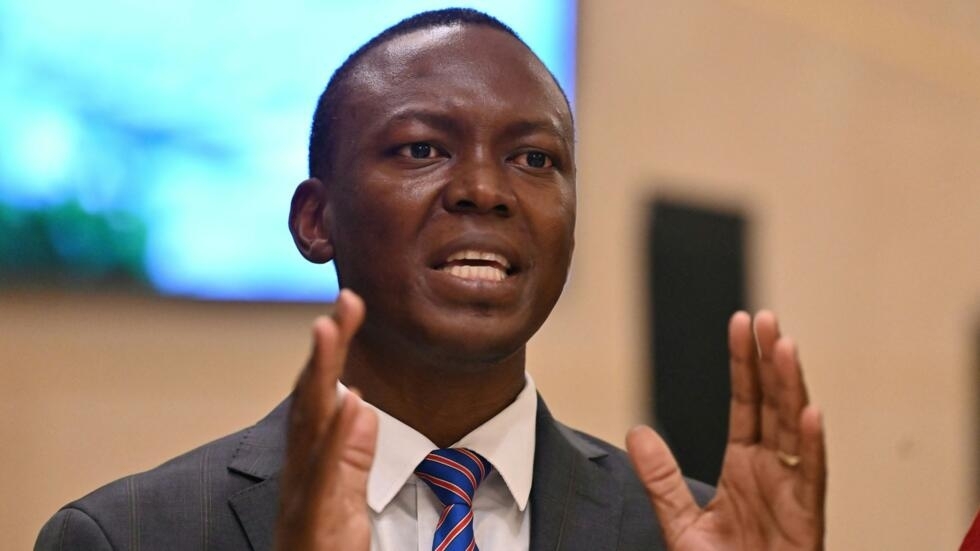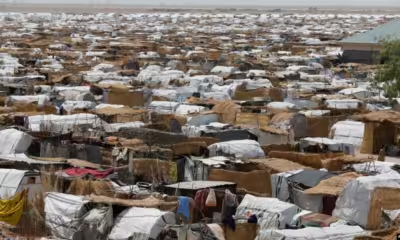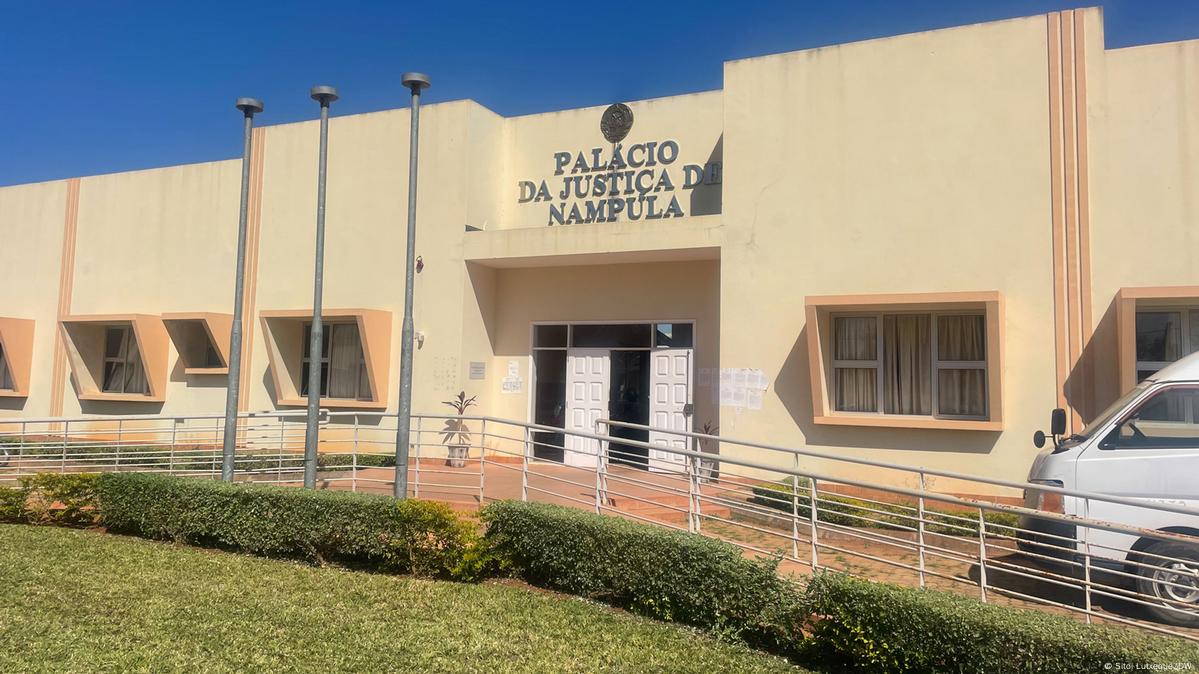Succes Masra, the opposition leader and prime minister of Chad, announced on Wednesday that he had tendered his resignation following the confirmation of Mahamat Idriss Deby as the winner of the May 6 presidential election.
In an attempt to appease the opposition, Masra, a vigorous opponent of the junta that took control in April 2021, was named prime minister of the transitional government in January, four months before the election.
His candidacy was approved in March to hold the presidential election and restore constitutional order to the nation. The oil-producing nation is the first in a line of coup-hit Sahelian republics in West and Central Africa to try a similar comeback.
Masra declared victory before formally releasing the preliminary results, claiming that election fraud was organized. With 61% of the vote, Deby was declared the winner by Chad’s state election board, and the constitutional council subsequently affirmed his victory.
Masra has accepted the council’s decision and stated that there was no alternative way to challenge the outcomes legally.
“In accordance with the constitution, I have today presented… my resignation and that of the transitional government, which has become irrelevant with the end of the presidential
election of May 6,” Masra said on X on Wednesday.
The family has maintained a tight hold on power since Deby’s father overthrew the government in a coup in the early 1990s, and Deby’s triumph strengthens their hold on power.
Deby, the acting president of Chad, was declared the winner of the May 6 presidential election by the state electoral commission two weeks ago. Provisional results show that Deby received almost 61% of the vote. This statement was issued even though the front-runner of the opposition declared himself the winner.
Chad is the first coup-affected nation in West and Central Africa to have successfully returned to constitutional rule through democratic elections, replacing its previous military regime. On the other hand, certain opposition parties have voiced their displeasure over concerns about electoral meddling.





































